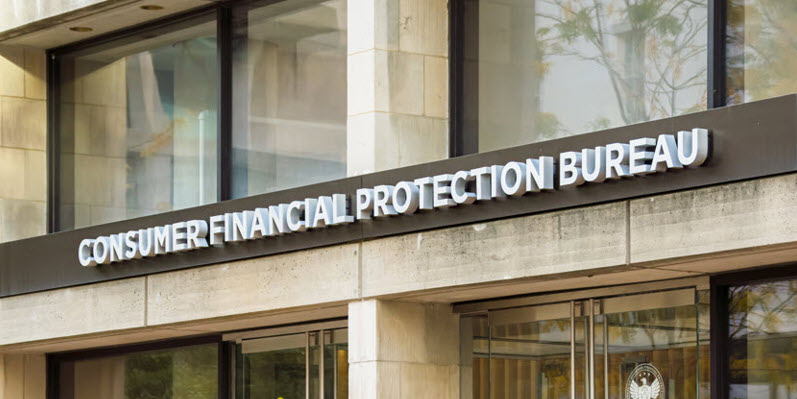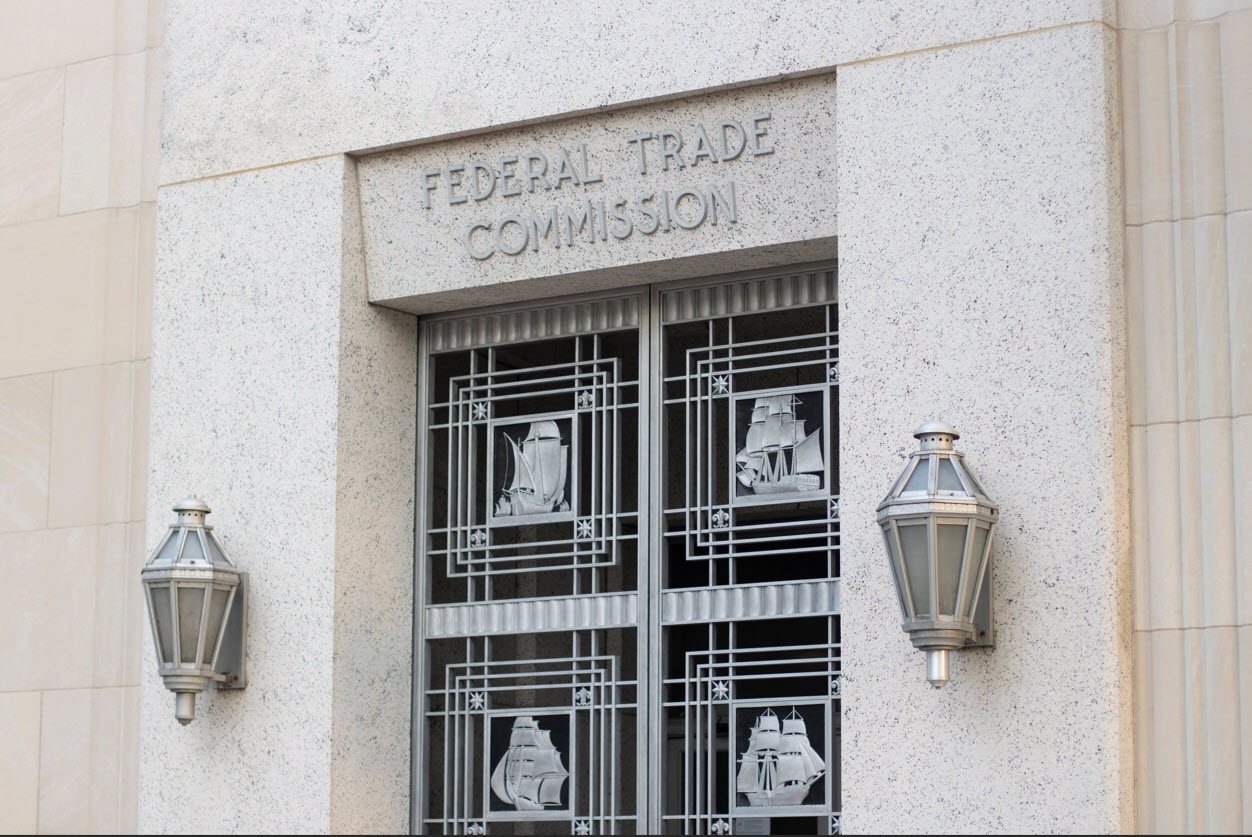The Consumer Financial Protection Bureau (CFPB) and the Centers for Medicare & Medicaid Services (CMS) are increasing efforts to protect low-income Medicare beneficiaries from improper medical billing practices. For those working in the debt collection industry, understanding these protections is crucial to ensuring compliance and avoiding potential challenges related to collecting medical debts.
This initiative focuses on the Qualified Medicare Beneficiary (QMB) group, which includes about one in eight Medicare recipients nationwide—individuals living at or below the poverty line. Federal law prohibits healthcare providers accepting Medicare from billing QMB enrollees for cost-sharing expenses, such as co-pays and deductibles. When improper billing occurs, it can escalate into collections, causing undue financial stress for beneficiaries and potential legal complications for collectors.
Why This Matters for Debt Collectors
Improper medical billing for QMB beneficiaries is not only harmful to patients but also exposes debt collection agencies to regulatory risks. Federal laws like the Fair Debt Collection Practices Act (FDCPA) and the Fair Credit Reporting Act (FCRA) outline strict rules for debt collection practices, particularly regarding debts that may not be owed.
“Medical bills are a major contributor to bankruptcy and financial collapse for families,” said CFPB Director Rohit Chopra. He emphasized that the CFPB is actively working to prevent illegal debt collection tied to improper medical billing.
CMS Administrator Chiquita Brooks-LaSure reinforced the message, stating, “No one should go bankrupt from getting the health care they need.”
Key Risks for Debt Collection Agencies
Improper billing and subsequent collection activities involving QMB beneficiaries could create significant challenges:
- Collecting on debts not owed: The FDCPA prohibits pursuing debts that are inaccurate or invalid, which includes improperly billed QMB-related charges.
- Credit reporting risks: Furnishing incorrect information about debts to credit reporting agencies violates the FCRA and can lead to regulatory scrutiny and penalties.
- Increased oversight: CMS has clarified that providers must refund any improper charges to QMB beneficiaries, even when errors originate from Medicare Advantage plan miscommunications.
Practical Steps for Compliance
To align with the updated guidance and minimize risks, debt collection agencies may consider:
- Verifying QMB Status: Collaborate with healthcare providers to confirm whether a debtor falls under the QMB program before pursuing collection.
- Auditing Existing Accounts: Review current cases to ensure no improper charges related to QMB beneficiaries are being pursued.
- Avoiding Reporting Improper Debts: Ensure credit reports reflect accurate information to avoid violations of the FCRA.
- Educating Your Team: Provide training on identifying and managing cases involving protected populations like QMB beneficiaries.
The Bigger Picture
In 2021, approximately 8.7 million Americans were enrolled in the QMB program. Despite clear federal protections, errors in billing and collections still occur, often due to misinformation from Medicare Advantage plans. These errors can harm both beneficiaries and the businesses involved in debt collection.
Around 17% of Medicare-related complaints received by the CFPB cite QMB-specific issues, with many cases involving collection efforts for debts not owed. Agencies must take these concerns seriously to avoid legal and reputational risks.
Moving Forward
For debt collection professionals, staying up to date on regulations like QMB protections is essential. By implementing proper procedures and addressing billing errors early, agencies can navigate this complex area of medical collections effectively and ethically.
For more information, explore the latest resources from CMS or consult with industry experts to ensure your practices align with federal guidelines.

Author: Jennifer Evancic
Jennifer.Evancic@ResourceManagement.com
Jennifer Evancic is a third-party auditor valued by creditors and large organizations for her knowledge in call monitoring within the collections industry. With meticulous attention to detail and a firm grasp of regulatory requirements, she ensures compliance with clients’ criteria and state and federal regulations.
Jennifer audits collections calls, ensuring they meet client-specific criteria and comply with regulations, providing valuable insights and maintaining industry standards.
Beyond her auditing responsibilities, Jennifer takes the lead in organizing and facilitating monthly call calibrations. These sessions serve as a collaborative forum where clients and their vendors come together to discuss call monitoring results and address any findings or areas for improvement. Jennifer’s guidance fosters open communication and ensures alignment between clients and vendors, driving continuous improvement in collections practices.
Jennifer stays up-to-date with compliance and industry best practices by participating regularly in peer meetings, regulatory updates and industry webinars. This keeps her informed about emerging issues and ensures she remains a knowledgeable leader in collections compliance.
Sign Up for the Twice Monthly Newsletter
Just enter your email address at the top orange bar at:
Collection Compliance Experts – “The Power of Expertise: Oversight Perfected”
It’s that easy! Twice a month – we provide blog updates and Resources for the Collection and Industry Professional.
Your email is just for this newsletter. We never sell your information. No fee. Opt-out at any time.




